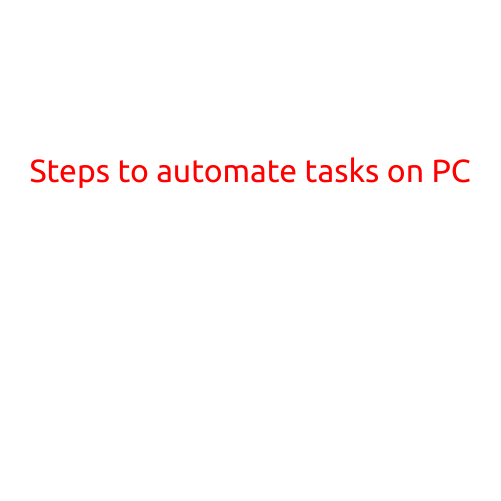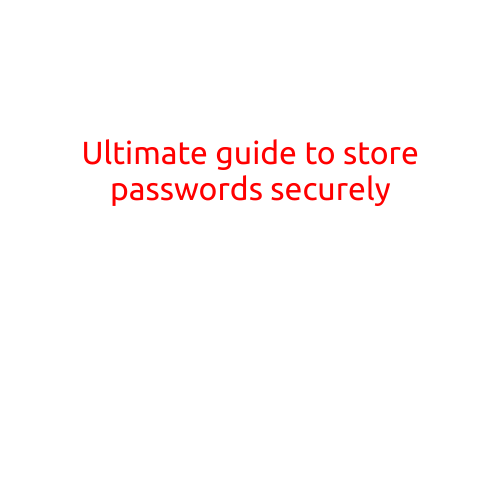
Best Methods to Find Remote Work Tools
In today’s digital age, remote work has become more prevalent than ever. With the rise of remote work, companies are looking for tools that can help them stay connected with their employees, manage projects, and maintain productivity. As a remote worker or employer, finding the right tools can be a daunting task. In this article, we’ll explore the best methods to find remote work tools that suit your needs.
1. Online Marketplaces
Online marketplaces are a great way to find remote work tools. Websites like Gartner, TrustRadius, and SoftwareSuggest offer a range of tools, categorized by type, feature, and price. These platforms provide product reviews, ratings, and comparisons, making it easier to find the right tool for your needs.
2. Social Media
Social media platforms like Twitter, LinkedIn, and Facebook are filled with remote workers and entrepreneurs, sharing their favorite tools and experiences. Join remote work-related groups and engage with others to learn about new tools and get recommendations. Hashtags like #remotework, #digitalnomad, and #productivitytools can help you discover relevant conversations and resources.
3. Industry-Specific Communities
Industry-specific communities and forums are another great resource for finding remote work tools. Join communities related to your industry or profession, and participate in discussions to learn about tools and platforms used by others in your field. For example, the Remote Work subreddit and the Nomad List are popular online communities for remote workers.
4. Word-of-Mouth
Ask your friends, colleagues, and industry peers about their favorite tools and platforms. Word-of-mouth recommendations can be powerful, as you’re likely to get a personal and honest review of a tool’s effectiveness. You can also ask about the pros and cons of each tool and how they handle customer support.
5. Google Search
A simple Google search can help you find remote work tools quickly. Use specific keywords like “best remote task management tools” or “top project collaboration software” to get a list of relevant results. You can also use Google’s filters like “price,” “reviews,” and “news” to refine your search results.
6. Tool Reviews and Comparison Sites
Websites that review and compare remote work tools, such as ToolMonitor, Reviews.com, and PCMag, can provide an unbiased view of a tool’s features and performance. These sites often include ratings, pros and cons, and user reviews, helping you make an informed decision.
7. Free Trials and Demos
Many remote work tools offer free trials or demos, allowing you to test their features and functionality before committing to a purchase. Take advantage of these offers to get a feel for a tool’s usability and performance.
Conclusion
Finding the right remote work tools can be a challenging task, but by using these methods, you can discover a range of tools that suit your needs. Remember to research, read reviews, and try before you buy to ensure you find the best tools for your remote work setup. Happy searching!





